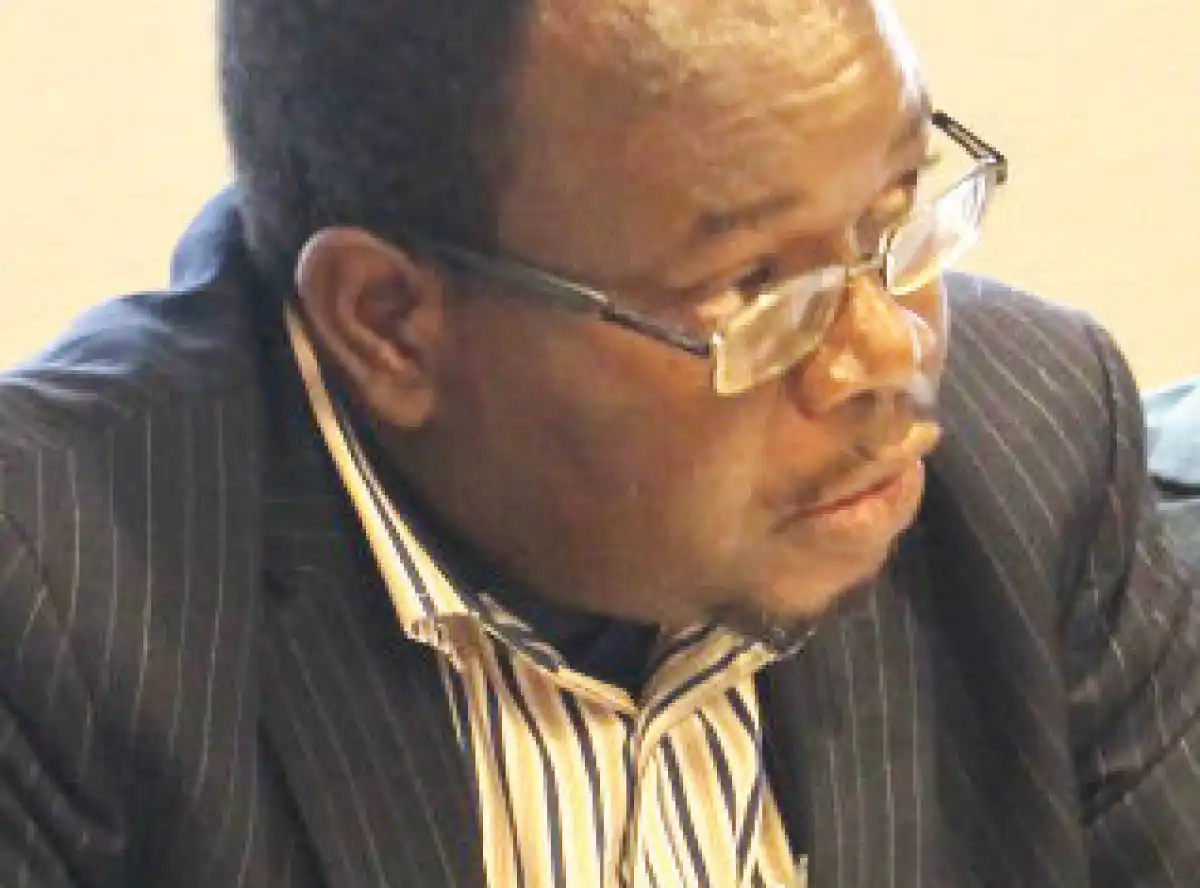
The Office of the Registrar of Political Parties has intensified its efforts to enforce the Political Parties Act, which prohibits the distribution of handouts, by holding consultations with leaders of various political parties and civil society organisations (CSOs) regarding the draft regulations of the law.
However, CSOs have raised concerns about the regulations, pointing out gaps that they say need to be addressed.
Recently, Registrar of Political Parties, Kizito Tenthani, told The Daily Times that his office was preparing to hold consultation meetings with leaders to review the regulations before submitting them to the Ministry of Justice.
Tenthani confirmed the meetings Thursday.
“We had a meeting with CSOs and I am currently meeting with the political parties,” he said.

Executive Director of the Centre for Human Rights and Rehabilitation, Michael Kaiyatsa, whose organisation is one of the CSOs that attended Wednesday’s meeting, described the regulations as crucial.
However, Kaiyatsa quickly pointed out several gaps in the regulations that require attention.
“One of the weaknesses we identified is the definition of the term ‘handouts’. We believe the definition is too narrow. It should be expanded to include things like development projects that are initiated to entice voters,” Kaiyatsa said.
He added that the reporting procedures for handout-related malpractice were overly complex, as they require complainants to provide substantial evidence when filing a report.
“Our concern is that placing too much of a burden on complainants could disadvantage ordinary citizens, especially those in rural areas who lack resources like cameras.
“If they see someone distributing a handout, they would need to provide evidence. The question we are raising is: what kind of evidence would be acceptable if someone does not have a camera?” he questioned.
Kaiyatsa also expressed concern about the protection of whistle-blowers.
“We are worried that the regulations do not offer adequate protection to whistle-blowers or complainants, which could discourage people from reporting out of fear of reprisals.
“These are political matters and in Malawi, some politicians take such issues seriously, so individuals may fear intimidation if they report. We want assurance that the regulations include provisions to protect whistle-blowers and complainants,” he added.
Nevertheless, Kaiyatsa remained hopeful that these issues would be addressed.
“The registrar responded to the concerns we raised. He assured us that he would review the issues and explore how the regulations could be amended to ensure that whistle-blowers and complainants are properly protected,” he said.
Secretary General of the People’s Party, Ben Chakhame, said that the party expects the Registrar’s Office to be effective in enforcing the law.
“Until recently, it was almost a one-man office, but considering the tasks ahead, especially with the upcoming elections, we would have liked to see the office properly staffed so that we can all adhere to the law,” Chakhame said.

Political and governance analyst George Chaima stressed the need to accelerate the enforcement of the law.
Chaima said there have been repeated incidents of laws being formulated, only for them to be ignored.
“Unfortunately, lawmakers and policy-makers are often the first to break them. I commend the registrar’s efforts, but I would like to see the law gazetted and enacted immediately, so that political campaign activities are conducted with integrity,” Chaima said.
Earlier this month, Tenthani told The Daily Times that he was hopeful the regulations would be finalised and presented to Parliament to ensure their enforcement ahead of the September 16 General Elections.
The Political Parties Act was assented to on January 24, 2018.
However, the enforcement of the law has been delayed, partly due to a lack of personnel and guidelines.



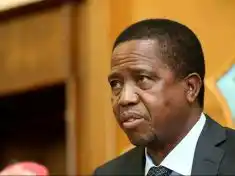
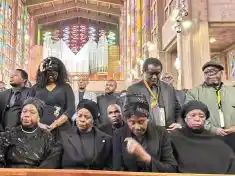
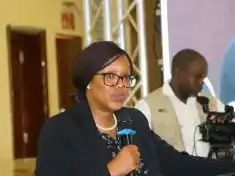
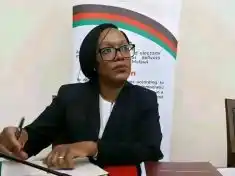

0 Comments